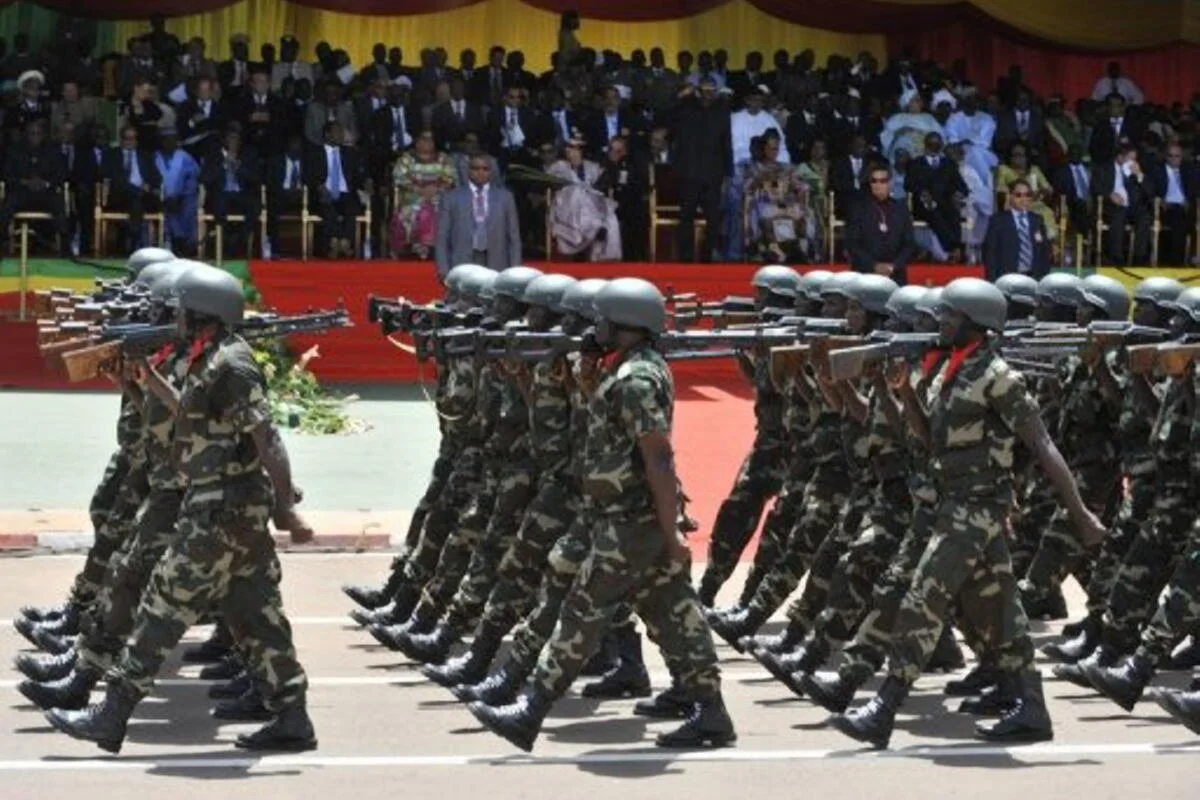Taken as a whole, this work offers a critical means to analyze coup success and introduces a layer of analysis that has been greatly needed. Above all his work underscores the need for scholars to work harder at differentiating between the motivation behind a coup and the probability of its tactical success.
West Africa’s Decisive Intervention: A Lesson in Strategy
The waning weeks of 2016 and the first month of 2017 witnessed one of the most strategically effective uses of military force in the 21st century. When long-time President of the Gambia, Yahya Jammeh, refused to step down after being voted out of office, the Economic Community of West African States (ECOWAS) sponsored a Senegalese-led intervention that forced Jammeh to leave the country. This intervention upheld the integrity of the Gambian democratic process and allowed the victor, Adama Barrow, to assume leadership of the small West African country. The ECOWAS intervention force assembled the means to impose its will on their opponent, formulated and executed a strategy calibrated to achieve the political effects desired, and achieved all of its policy goals--all without firing a single shot.



